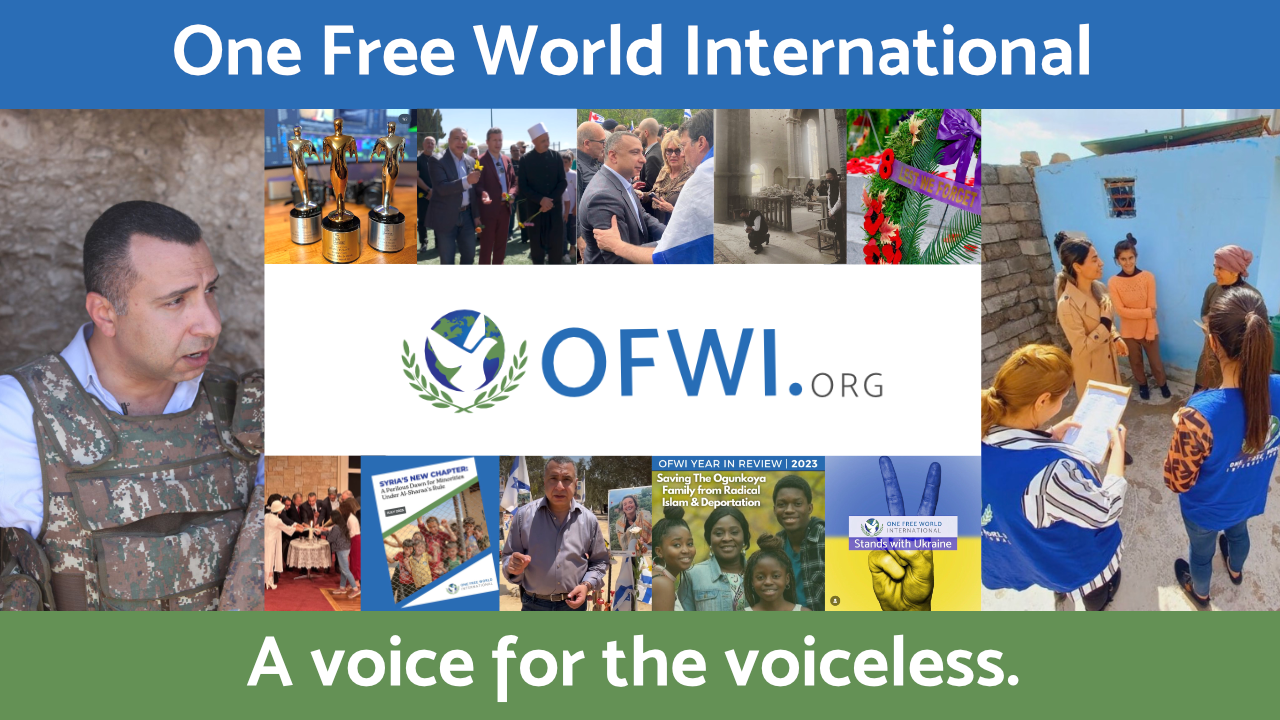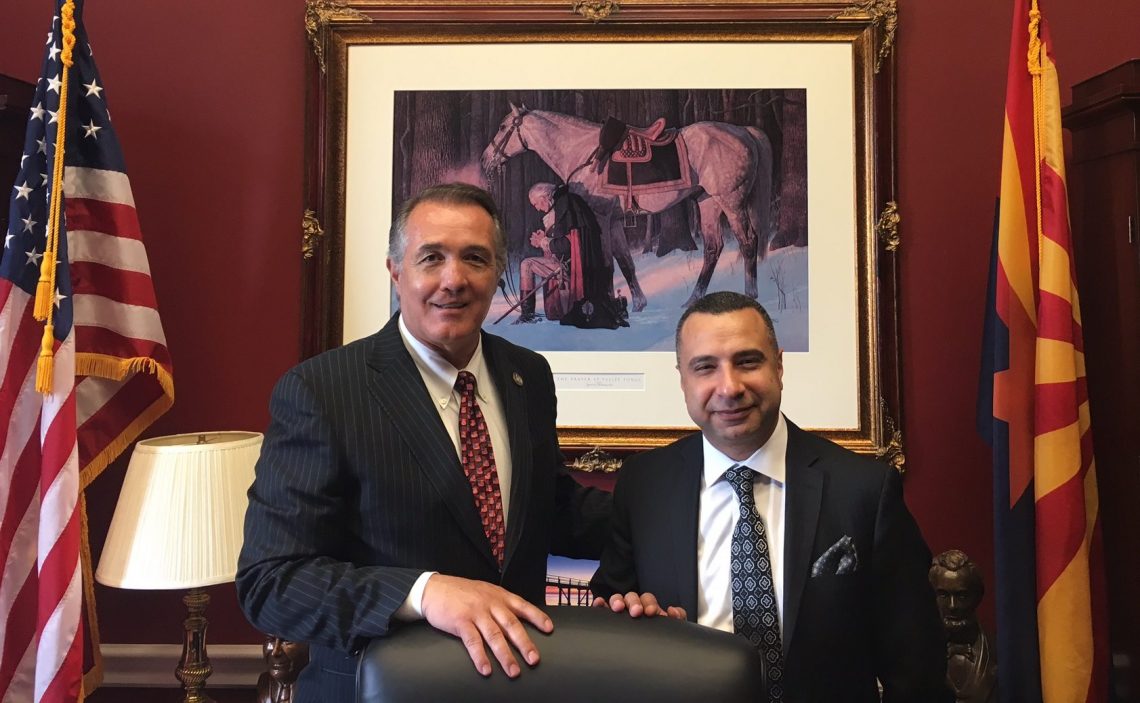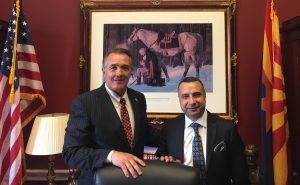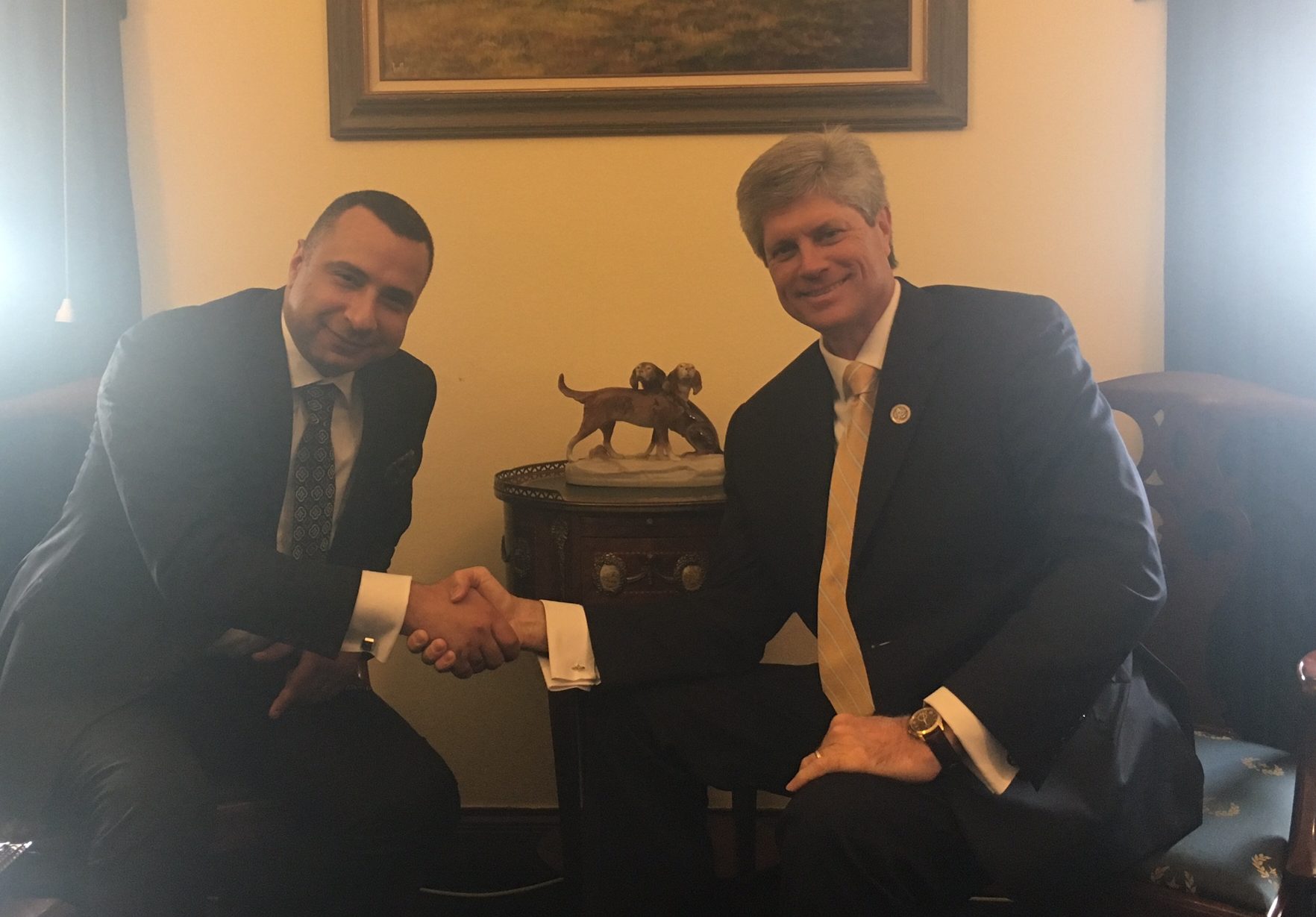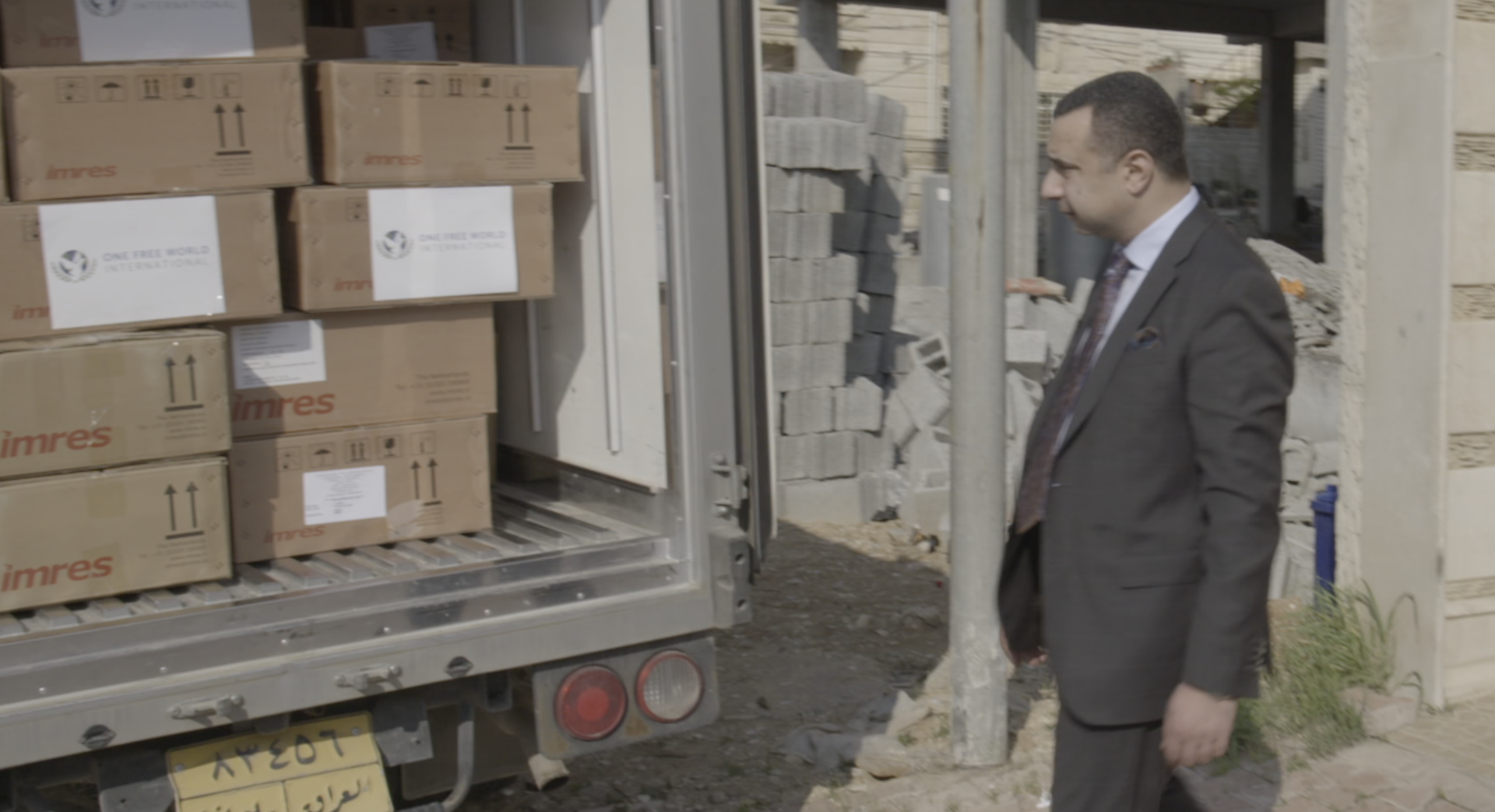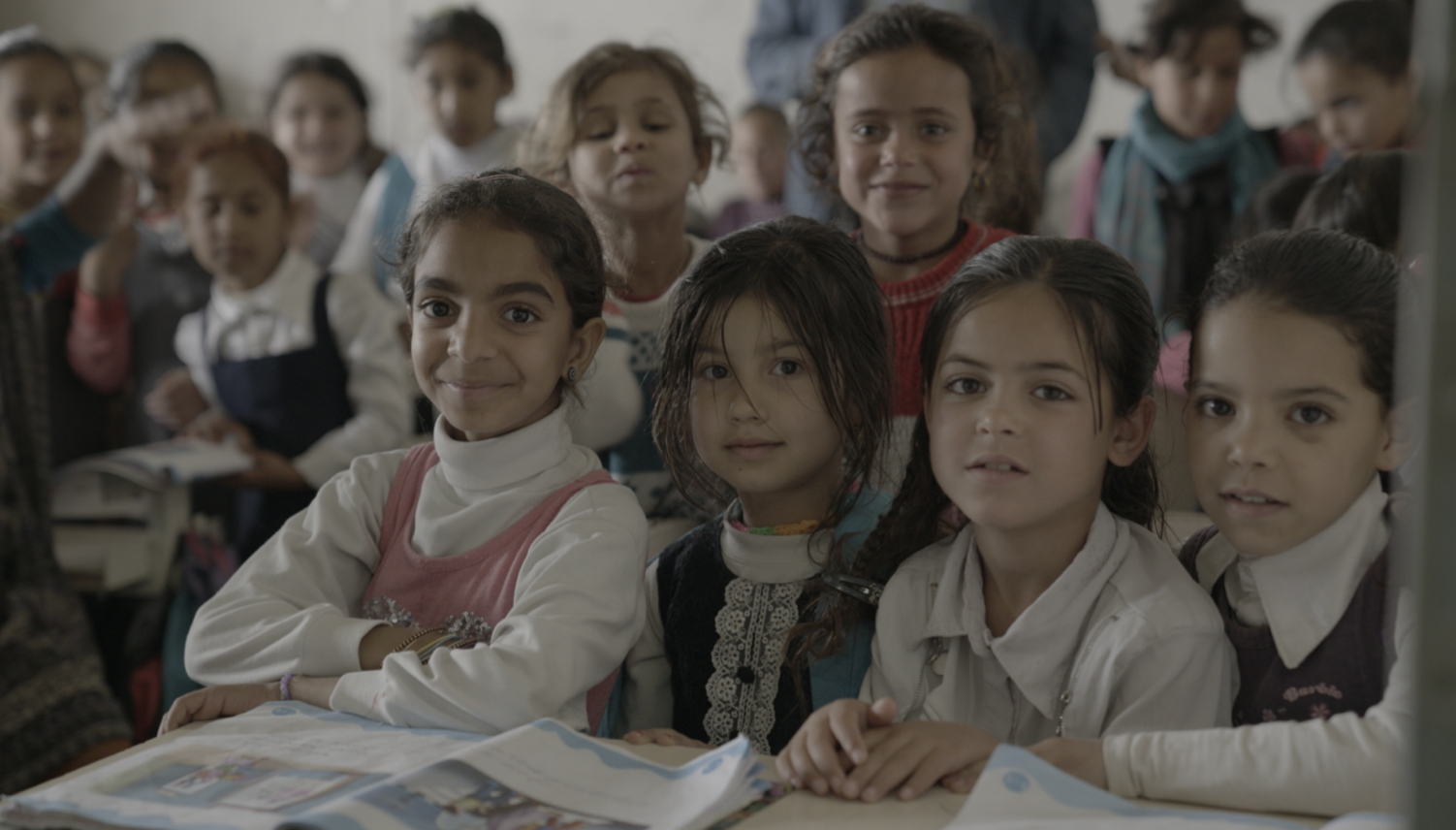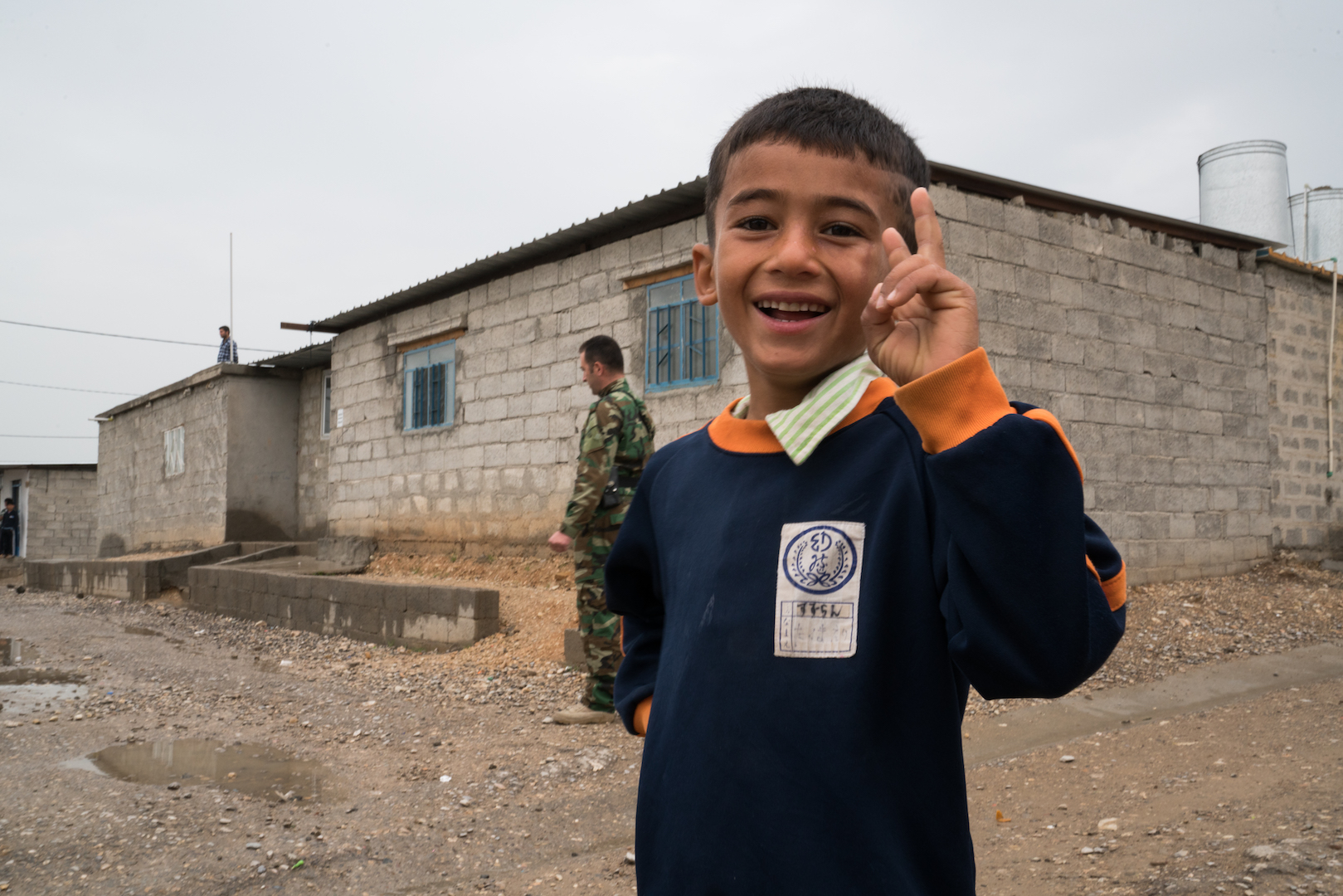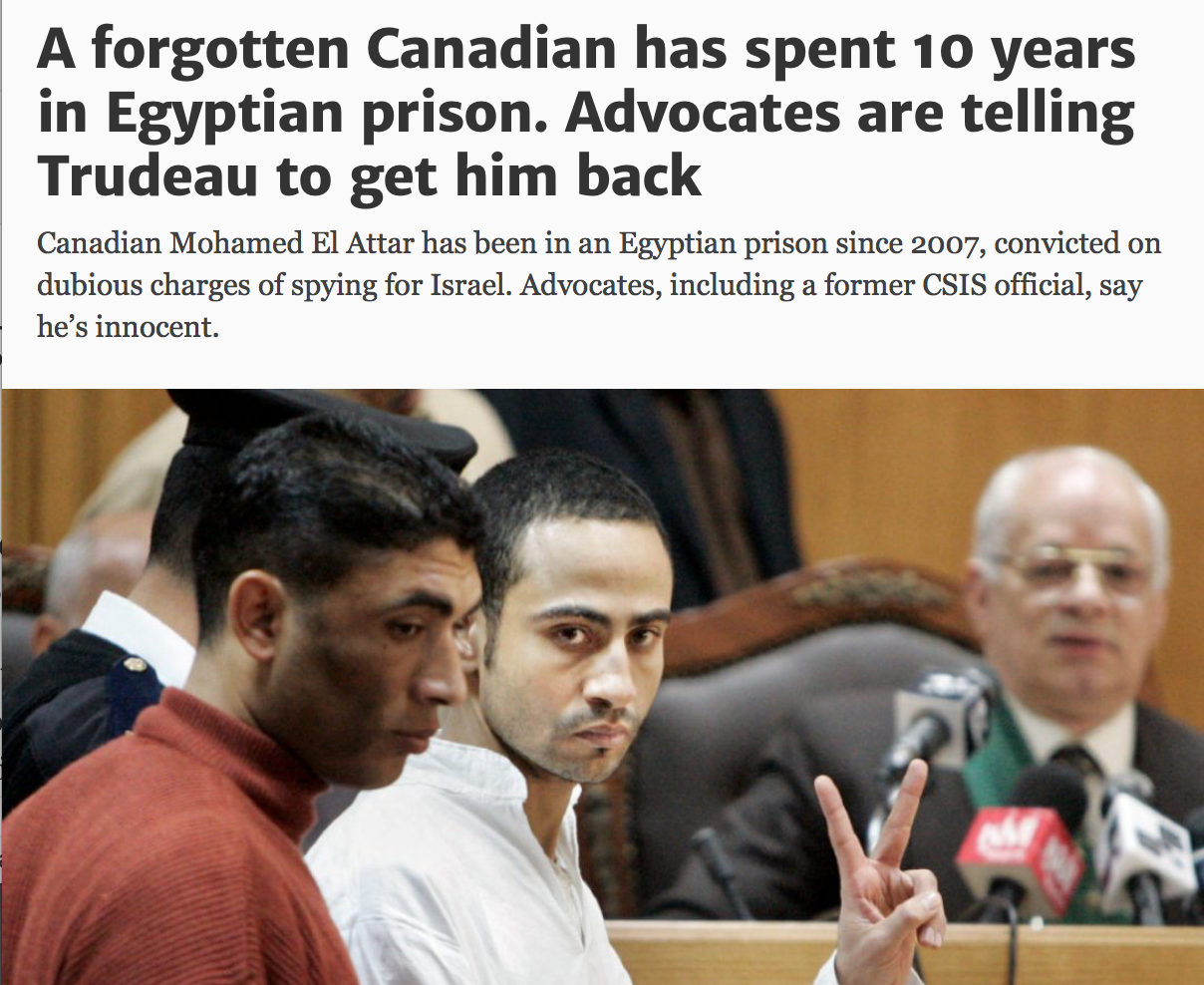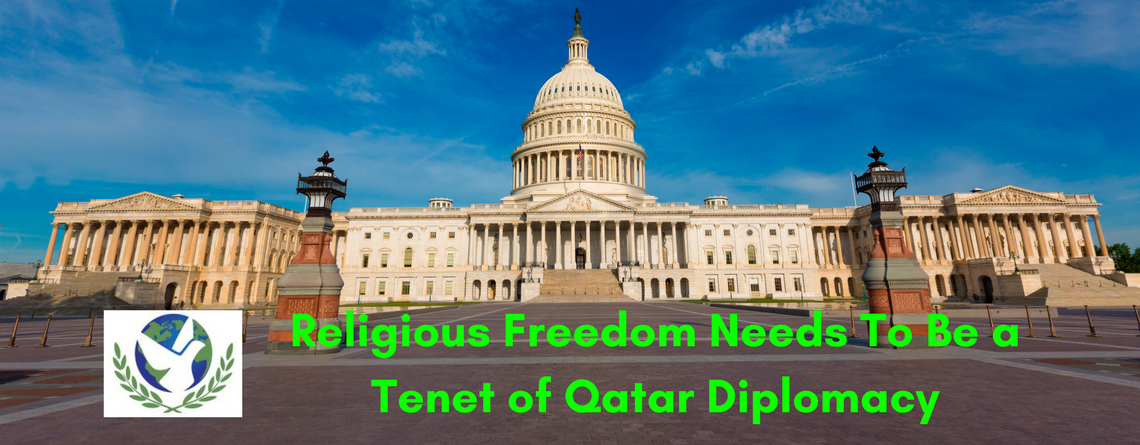 Rev. Majed El Shafie wrote to the U.S. Congress Foreign Relations & Foreign Affairs committees about the need to make religious freedom a tenet of Qatar diplomacy.
Rev. Majed El Shafie wrote to the U.S. Congress Foreign Relations & Foreign Affairs committees about the need to make religious freedom a tenet of Qatar diplomacy.
June 12, 2017
Dear Chairman Corker, Senator Cardin, Chairman Royce and Representative Engel,
The recent accusations against Qatar as a state sponsor of terrorism and severing of diplomatic ties by its neighbors reminded me that in just over 4 years Doha will host the World Cup. Since it was awarded this prize in 2012, FIFA’s decision has been mired in controversy.
The issues regarding the notoriously corrupt FIFA are well understood. I am writing about two other issues that the world must not lose sight of:
- The brutal conditions the Qatari stadiums’ migrant builders are forced to work in, directed by a government that is exploiting this workforce in ways akin to slavery, with extraordinary death rates; and
- The Qatari constitution establishes Islam as the state religion and relies on Sharia to serve as the foundation for the development of laws. Reports indicate Qatar TV has aired sermons containing anti-Semitic language, Qatari funded publishers produce anti-Semitic books and even a high-ranking Minister penned a forward of a poetry book containing anti-Semitic conspiracy theories. According to Open Doors’ 2017 World Watch List, Qatar ranks 20th of the most difficult nations to be a Christian. It remains a capital offense to convert from Islam and a conviction for blasphemy and proselytizing can garner a sentence of up to ten years in prison.
It may be too late to take the World Cup away from Qatar. But we should work together to pressure organizations such as FIFA – many of which have safely hidden behind Teflon-coated claims that global issues such as terrorism financing, labor rights and freedom of religion are none of their concerns – to make such issues front and center in any bid. After all, hosting the World Cup puts the global spotlight on the host country and its leaders.
As a victim or torture and persecution, I founded One Free World International to give a voice to those facing persecution and to work towards a world where all people can live free and worship as they believe. I respectfully request you make religious freedom a tenet of your approach as you deal with Qatar and, as importantly, with organizations such as FIFA.
Sincerely,
Rev. Majed El Shafie Founder and President One Free World International
CC: The Honorable Jim Risch, Chairman, Senate Foreign Relations Subcommittee on Near East, South Asia, Central Asia, and Counterterrorism
The Honorable Tim Kaine, Ranking Member, Senate Foreign Relations Subcommittee on Near East, South Asia, Central Asia, and Counterterrorism The Honorable Christopher Smith, Chairman, House Foreign Affairs Subcommittee on Africa, Global Health, Global Human Rights, and International Organizations
The Honorable Karen Bass, Ranking Member, House Foreign Affairs Subcommittee on Africa, Global Health, Global Human Rights, and International Organizations
The Honorable Ileana Ros-Lehtinen, Chairman, House Foreign Affairs Subcommittee on Middle East and North Africa
The Honorable Theodore Deutch, Ranking Member, House Foreign Affairs Subcommittee on Middle East and North Africa
The Honorable Trent Franks, Co-Chair, International Religious Freedom Caucus The Honorable Juan Vargas, Co-Chair, International Religious Freedom Caucus The Honorable Gus Bilirakis, Vice-Chair, International Religious Freedom Caucus The Honorable Jeff Fortenberry, Co-Chair, Religious Minorities in the Middle East Caucus
The Honorable Anna Eshoo, Co-Chair, Religious Minorities in the Middle East Caucus
The Honorable Randy Hutlgren, Co-Chair, Tom Lantos Human Rights Commission
The Honorable James P. McGovern, Co-Chair, Tom Lantos Human Rights Commission

